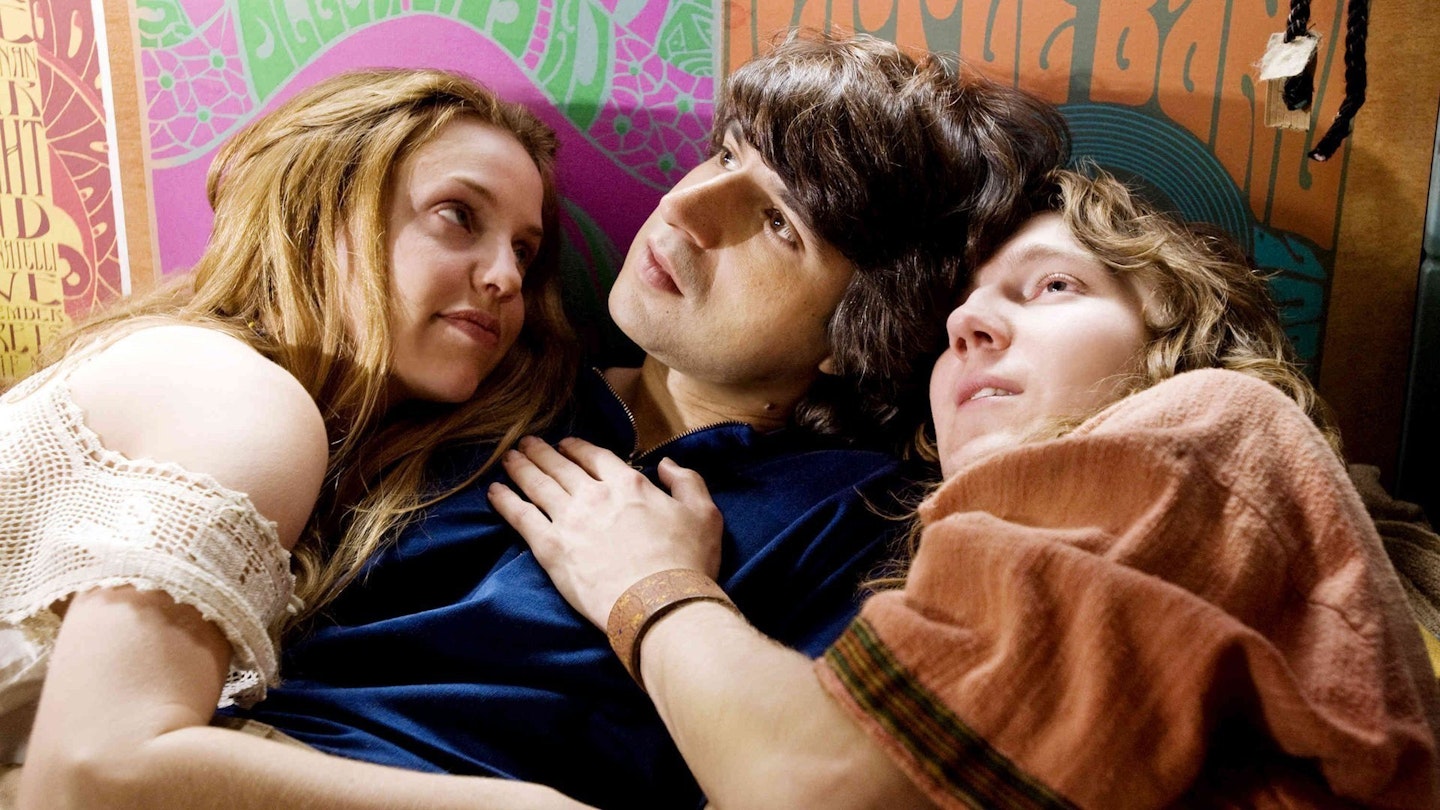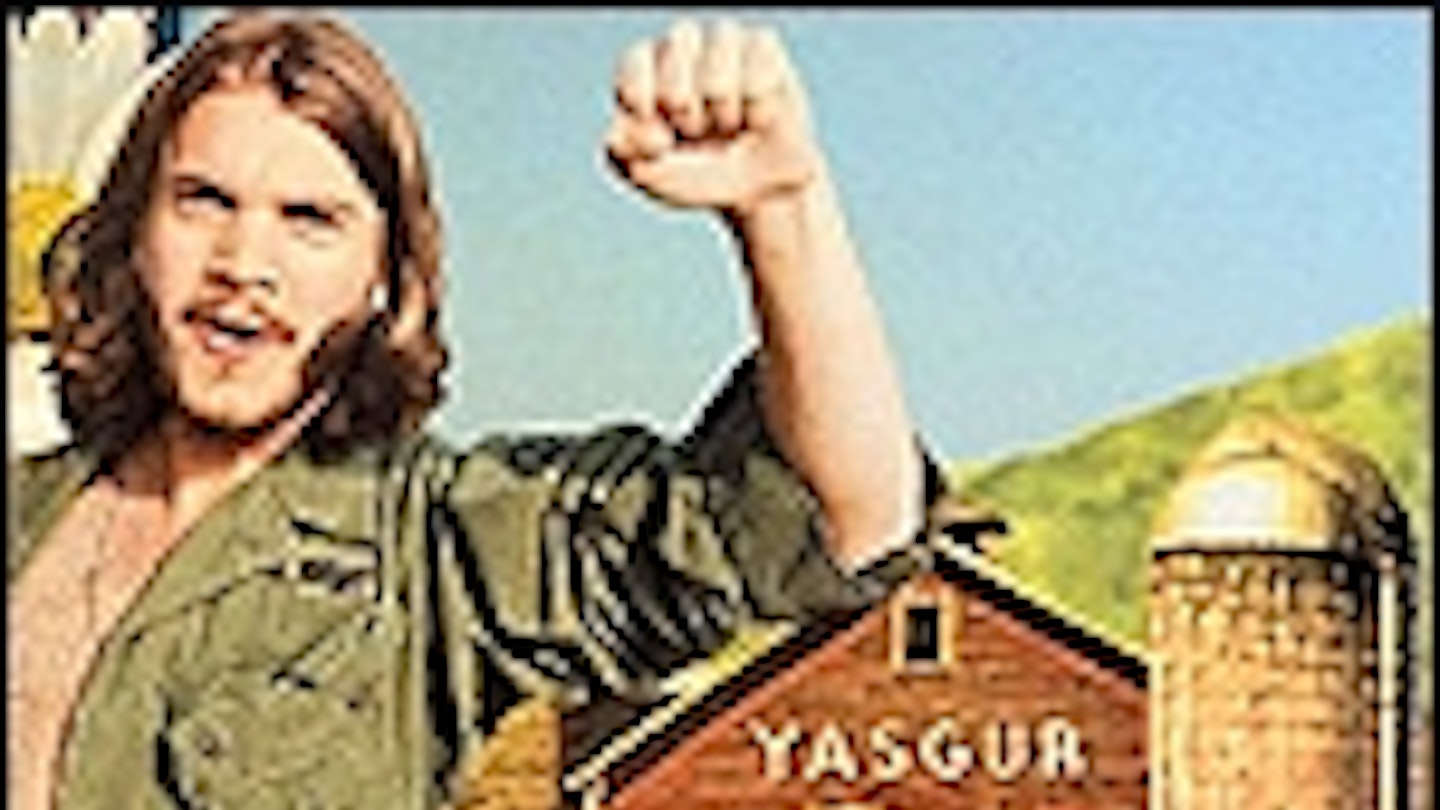Some 40 years after Woodstock, it’s arguable that no-one’s retelling of the three-day festival will be more rose-tinted than Ang Lee’s. After Brokeback Mountain and Lust, Caution, the director was, by his own admission, keen to make a feelgood movie. Thus Taking Woodstock foregoes the passion of an event that billed itself as “An Aquarian Exposition” attempting to reflect the changes seizing America in 1969. The US was fast losing its grip on Vietnam, while gay activism was stirring after the Stonewall Riots two months before, though these are almost an afterthought at the grandly titled El Monaco colony in upstate New York. Elliot Teichberg (Demetri Martin, wearing the look of a startled deer) returns home to help bail out his parents, who face foreclosure from the bank.
The Woodstock festival, always audible but out of sight, becomes a backdrop to the family drama unfolding down the road. Never mind the psychedelic trappings (the Earthlight Players, a theatre troupe living in the barn; the half-a-million coming over the hill; the musical history being made at the next farm over), Lee’s film is unflinching in its conventionality. A true rites-of-passage story emerges as Elliot, a closeted homosexual, frees himself from his mother (the wilfully OTT Imelda Staunton) and finds a new sense of freedom through the misfits who suddenly inhabit the motel. The dropout counterculture is touched on with Elliot’s acid trip in the back of a camper van while his parents dance carelessly in the rain after mistakenly ingesting dope-laced brownies. These are broad strokes, though — Martin’s character almost drifts through the film, and even the pivotal moment where he embraces his latent homosexuality is seen as if from a distance.
Lee’s sense of scale is admirable — the crowds jamming the roads of upstate New York on their way to Woodstock feel huge, while the rain-splattered site dotted with broken-down tents captures the feeling of dismay as the decade of hope comes to an end in a slurry-filled field. But even then, Lee can’t help but ram the point home that darker days are ahead — the last scene has a promoter big up the next gig: Altamont, the show that killed the ’60s dead.


